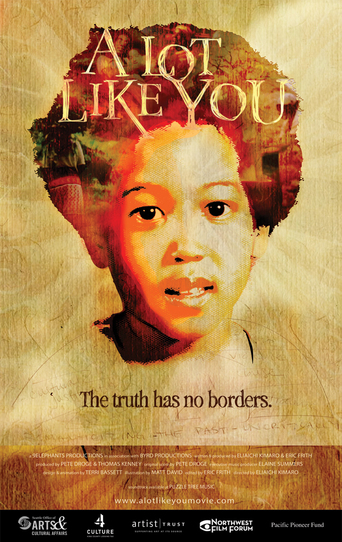



What makes it different from others?
Masterful Movie
Don't listen to the negative reviews
While it doesn't offer any answers, it both thrills and makes you think.
View MoreSome people might consider what I say here as a "spoiler" for the film. If you are one of them, consider yourself warned.The film maker's father, Dr Kimaro, was largely presented in the film as a Bill Cosby-type figure - the ideal husband and father. Dr Kimaro worked for the International Monetary Fund, and his wife worked for the World Bank. When presented with the descriptions of rape and forced marriage (which - make no mistake - is a type of slavery) that his own sisters, and also other Tanzanian women, had experienced, Dr Kimaro condoned the Tanzanian men's behavior as "part of their culture." This is the 21st Century, and for an educated man like Dr Kimaro to condone rape and forced marriage (slavery), even where his own sisters are involved, is shocking. Dr Kimaro is described as a community development worker, which makes his attitude even more appalling.Dr Kimaro is a man who cannot tolerate Socialism, but he can tolerate the rape and slavery of women. Dr Kimaro's attitude is less surprising when we consider that he worked as an Economic Hit Man for the IMF, an organization that advances Capitalist Imperialism and is opportunistic in the extreme."A Lot Like You" is presented as a heart-warming family story - but the revelations of rape and forced marriage spoken by the Tanzanian women, and Dr Kimaro's heartless dismissal of their suffering, makes the film an expose.I give "A Lot Like You" a rating of 6 because it is well-produced and well-filmed, and because the film maker had the courage to include the testimony of Dr Kimaro's sisters about the abuse they experienced, and also Dr Kimaro's deplorable response. However, the film-maker failed to follow up on this issue and give it the serious examination that it deserved. Perhaps the film maker did not recognize the profound duplicity in Dr Kimaro's response.
View More